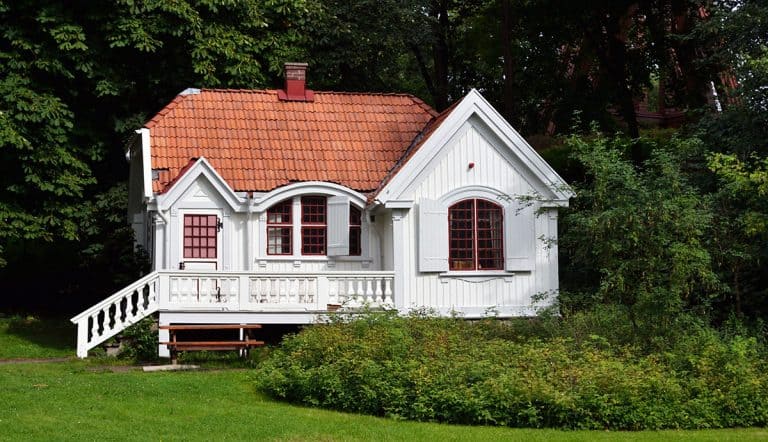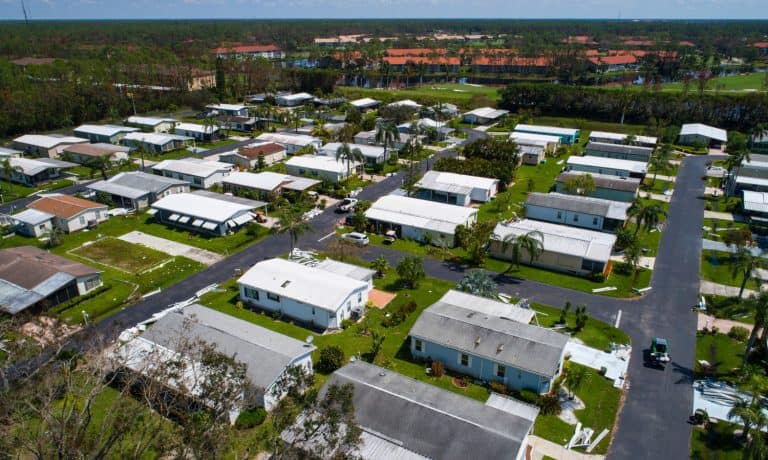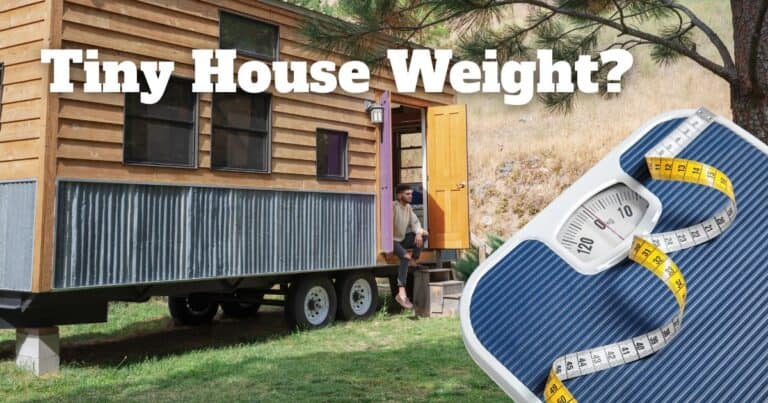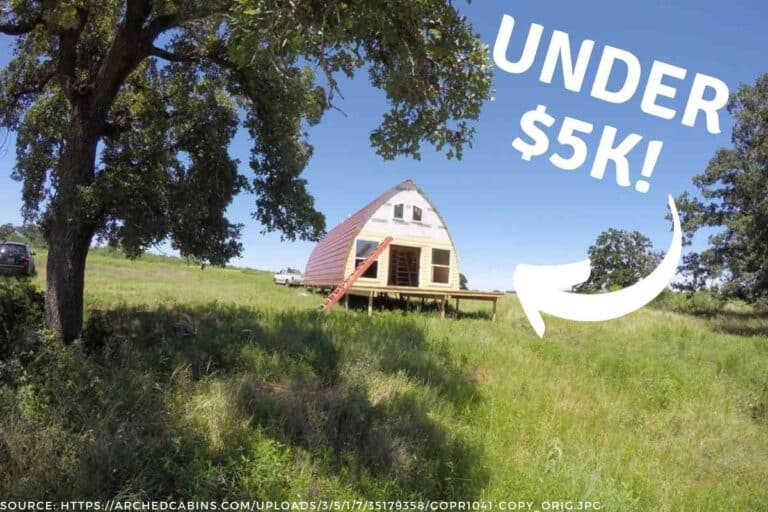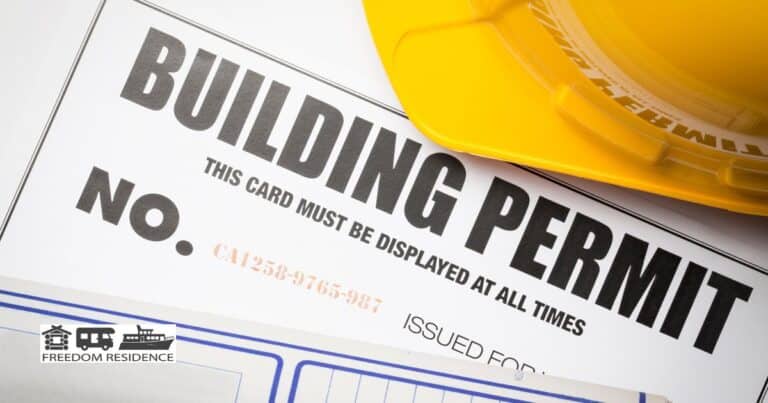Does a Tiny House Need a Foundation?
Tiny houses have become increasingly popular these days, no thanks to the ever-rising cost of living in regular homes. Despite this, many small families or individuals who enjoy living minimally have found no issues living in tiny homes. However, one of the questions that often bother tiny house owners is whether their houses will need a foundation.
While these houses are typically set on trailers for convenience, some residents who want to settle down permanently may consider placing a foundation beneath their home. So, does a tiny house need a foundation?
Whether your tiny house should get a foundation largely depends on how you wish to use the unit. If you’re thinking of living in it permanently on a set land, then a foundation can give you the stability to withstand harsh weather conditions.
In this article, we’ll discuss the pros and cons of building a foundation for a tiny house, and hopefully, this will help you decide if you need one.
Pros and Cons of Building a Foundation for Tiny Houses
Many tiny houses today are often put on wheels so you can move away conveniently. However, placing it on a trailer may not give you the stability you need to withstand rough weather conditions like a storm. So, what are some advantages or disadvantages to building a foundation for a tiny house? Let’s find out.
Pros of Putting a Foundation under a Tiny House
One of the key advantages of putting a foundation under a tiny house is its stability. Traditionally, tiny house foundations are made of concrete slabs or wood, providing it a stable space to sit on. Concrete footings also help create an extra basement or crawlspace, allowing you to gain some extra space for use.
Having your tiny house put on a foundation also helps it withstand weather conditions like floods and earthquakes. When put in comparison with a tiny house hooked on a trailer, this should give you better peace of mind if you’re living with your family.
Because they are typically set on trailers, many state laws would consider it as an RV. As such, you will likely be bound to RV laws if you don’t set your tiny house on a foundation.
On the flip side, buildings with a foundation are more likely to receive a residential permit from the local authorities, allowing you to live in the house instead of using it as a temporary recreational unit.
Do be aware that authorities in certain states may not approve of building foundations under a tiny house. Therefore, before you start laying the groundwork (literally), you’ll want to check in with your local authorities to ensure you don’t break any laws.
In case you plan to sell your home someday, a foundation will make it a more attractive listing instead of a house on a trailer. This is as the house will have a more stable base, giving the potential buyer the confidence of a safe tiny house.
Cons of Building a Foundation under a Tiny House
While building a foundation may seem to bring a lot of positives, there are certain drawbacks to this decision. For starters, building a foundation under even a tiny house can be expensive.
From choosing your ideal material to paying the labor fees, putting down a foundation can start from $35,000 depending on the size of your tiny house. This could eat into your budget to owning a house unless you’re simply buying the unit for investment.
Separately, you’ll also have to acquire a piece of land that can accommodate your tiny house and its foundation. If you already have a space in mind, you’ll want to ensure that your local authorities will allow you to build a foundation on the spot. You may also have to hire a land surveyor to inspect the land to see if it’s feasible for living.
By putting your tiny house on a foundation, you may have to commit to staying there long-term. Unlike putting it on a trailer, placing your home on a foundation requires a long-term commitment. Should you wish to move away from the city or state, it could be costly or nearly impossible to bring your tiny house along with you.
The risk of losing your beloved home due to the permanent foundation also extends to owners who have built their tiny houses on rented land. After all, landowners may reserve the right to evict the renters anytime, resulting in you having to remove the foundation and perhaps lose your tiny house entirely.
How to Build a Foundation for Your Tiny House
If you’ve made up your mind to build a foundation for your tiny house, then you’ll want to be sure to follow this guide on how to do so:
Choose the Right Materials
For starters, you’ll want to pick what you want your foundation to be made of. Concrete slabs are a common selection as they’re inexpensive and sturdy, but may not fit the aesthetics of all tiny homes. You may also consider wood pilings as a foundation material of choice, although you’ll have to bear in mind the load of your building on this material.
If you’re undecided on which material suits you best, a great way to decide is to speak to a contractor who will be doing the foundation for you. Thanks to their experience, a contractor should be able to provide you the necessary advice on which material makes the best foundation to fit your price and house aesthetics.
Apply for Building Permits
Before you go ahead with constructing your foundation, you’ll want to be sure to get your paperwork ready. Bring along blueprints of your tiny house and have all the necessary documents to your land at hand before visiting the local authority’s office.
Remember that each state may have different rules and zoning guidelines when it comes to building a foundation. As such, you’ll want to ensure that you’ve chosen a place that allows tiny houses to be considered a residential project and not a recreational vehicle.
By obtaining a permit beforehand, you’ll have fewer chances of being instructed to stop in the middle of your construction process. Never attempt to build a foundation without the right permits, as this could put you on the wrong side of the law, and you can be fined or jailed.
Consult the Professionals
Although building a foundation for your tiny house may look like a simple job on the outside, there are many layers of possibilities that would go into the building process. As such, unless you are a contractor or architect yourself, it’s always recommended that you consult the professionals who can provide you the best advice on your construction project.
Subsequently, you may also want to hire the help of a land surveyor to ensure that your dream plot of land can withstand the foundation you’re looking to lay down. From checking that the land is flat enough for your foundation of choice to ensure it is safe for living, these are the things that a land surveyor can help you resolve.

